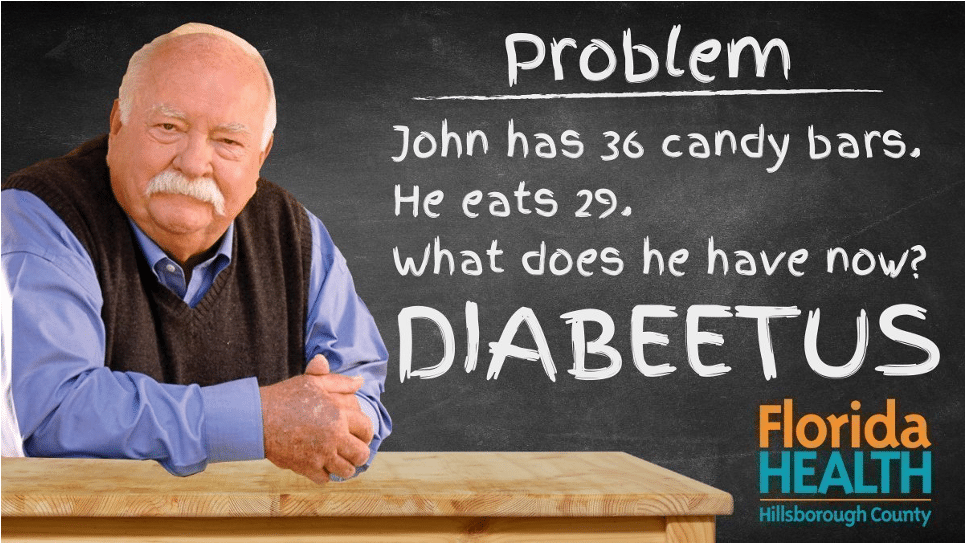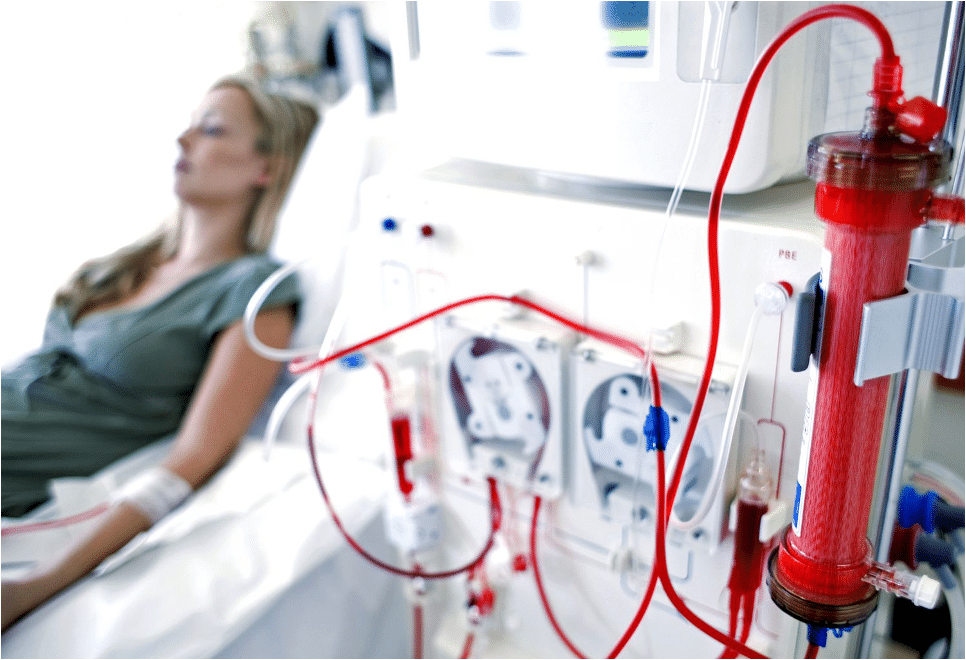Novo Nordisk (NYSE: NVO) just stopped a set of tests for semaglutide, their wonder drug. The share prices of the kidney dialysis companies all dropped 20% within hours. The big question is whether this is the right reaction, too much or too little? It’s entirely possible to argue any of those three cases but the correct answer does rather depend upon time scale.

The background news here is that Novo Nordisk was testing their wonder drug, semaglutide (Wegovy when for fatties, Ozempic when for diabetes) on chronic kidney disease. Then they stopped. The reason given being that it was so obvious it worked why bother spending on more testing? This does happen sometimes, the efficacy of a treatment being so high that it’s actually unethical to keep testing rather than moving on to actually getting it to market. Which is the outcome here.
Semaglutide really is the miracle drug
So, obviously we need to understand a little of the medicine here. Obesity and Type II diabetes often do lead to chronic kidney disease. That the drug stops those two is something we already know. But this finding is that it also stops that following disease of the kidneys in its tracks. So, not just will fewer people get that problem because of lower weight and less diabetes, but those already on that pathway can have the problem treated directly.

The effect of that though – there’s a large sector devoted to treating chronic kidney disease. All those companies running dialysis programs. Fresenius, one of them, saw its stock drop 20% within hours of Novo’s announcement. Outset Medical down 21%, Baxter 18% and so on. A bit more medicine, dialysis is something that can go on for years – a decade even, until either death or a transplant. So those dialysis companies were set up for something of a bonanza. An increasingly elderly population with more of those twin problems, fat and diabetic, leading to more kidney disease and thus dialysis for many years. Then someone comes along with a drug that cures all three. A bit annoying really, don’t you think?
The effect is negative on the dialysis companies
Now clearly this will have an effect on those dialysis companies. But whether 20% down is right, too much or too little rather depends. For consider – semaglutide does not reverse damage it just prevents further. So, those already on dialysis are there until death or transplant. That’s a decade or more of known business even if it tails off toward the end. On the other hand, the pipeline of those entering that treatment is going to be smaller. So, it will be a shrinking market. At which point we’ve got to ponder how much of the current valuation is a weighing of future growth in the market and how much is allocated to that certain pipeline of those already being treated.
We don’t know of course, everyone’s opinion on that is going to be different. The one guide we’ve got is that the market interest rate (no, the market, not the T-bill) is in the 7 to 8% range. That means that current stock market valuations are future income discounted back to net present value at that rate. What this means in effect is that things that might (might, with uncertainty and therefore a probability) don’t affect current stock market prices that much. That’s simply what a high interest or discount rate means, that things in the middle to far future have very little present value.
This will take time though
It’s still going to be a couple of years, at best, for semaglutide to have the kidney disease recommendation added to its licence, it’ll be a few years more before the pipeline of chronic kidney problems is abated – it’s not, that is an immediate problem. So perhaps 20% is too much. Or, perhaps those stock prices already included future growth – at not that high a value, recall the discount rate – which is now not going to be there. 20% is too low or about right.
Or, of course, this is why we have markets. Opinions differ and market prices will the average of all opinions. Which is true as it is also a traditional let out at this point in a description of market prices.
Markets priced it right way because that’s what markets do
The other thing we might note is how fast this all happened – share prices moved within a couple of hours of the announcement. A nice little proof of the efficient markets hypothesis for the technical types. The EMH doesn’t say that markets are efficient at everything – it says instead that they’re efficient at processing information. A couple of hours to weigh up the effect of a drug trial on a multi-billion dollar global industry? Yep, that’s efficient.
That EMH then being something that we’ve got to take into our investment calculations ourselves. There’re always going to be more events out there, those events Dear Boy. The effects of which are going to be in stock prices within hours. That’s what makes trading an exciting occupation of course.